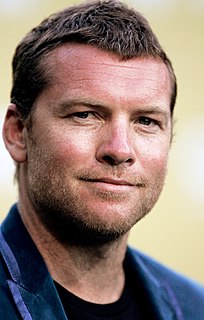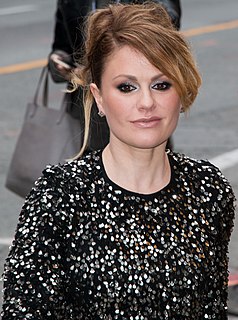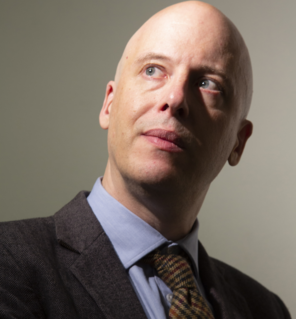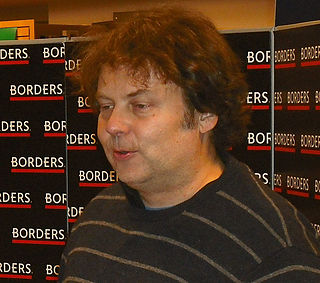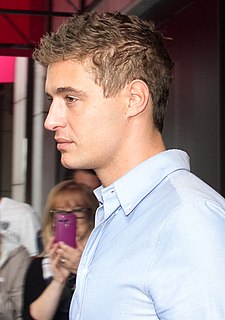A Quote by Sam Worthington
When I was in my 20s, I thought I knew who I was. And then as soon as I turned 30, I realized that I have bruises and bumps and dark parts. And you kind of go, well, that's it. I'd rather embrace it than force myself to change.
Related Quotes
I know from the elders that it's not so easy to sustain a life in music, a presence in the music world, for decades on end. And that's what we're here for: we're thinking about the long game. If that is dependent on other people's desire for me, then it becomes extremely vulnerable to change. Rather than subject myself to that vulnerability, I'd rather embrace change and allow myself to transform, and maybe that means that what I do next week, the people who liked me last week won't like anymore, but maybe that will also lead people to like something else.
As far as change, anyone from the age of 13 to 19, you become a whole new person because you grow up. There was so much that I didn't know or that I thought I knew because I was just a 13-year-old at the time who thought I knew everything. But I realized very quickly that, no, there's so much about everything that I don't. So what I've at least tried to do is accept that I don't know everything. Life is so much more fun that way. And it's easier. I've just been trying to learn, rather than to pretend that I'm perfect.
Actually, when John died, for the first time I thought - for the first time I realized how old I was, because I'd always thought of myself - when John was alive I saw myself through his eyes and he saw me as how old I was when we got married - and so when he died I kind of looked at myself in a different way. And this has kept on since then. The yellow corvette. When I gave up the yellow corvette, I literally gave up on it, I turned it in on a Volvo station wagon.
Even if I turned myself in, it wouldn't change anything. It wouldn't make me one of them. I knew that when I got my powers, but really I knew it before then. I learned it as a child on my first day of school, on the warm rainy streets of Bangkok, and in college. If you're different you always know it, and you can't fix it even if you want to. What do you do when you find out your heart is the wrong kind? You take what you're given, and be the hero you can be. Hero to your own cold, inverted heart.
I've always known that I've wanted to write, but I always saw myself doing that in the context of something other than film, so it was a really beautiful and kind of perfect moment in my life when I realized that I could combine this idea of wanting to write and tell my own stories with the environment I had grown up in and knew well - that I could make film as opposed to writing being a departure from what I knew.
There was recently a story out that I turned down a role in a major franchise. That's not true. I refused to audition for it. I didn't get the part. I didn't even go in because I thought that the part was just a repackaged version of the parts I played before in these young adult films - sort of moody, masculine, but sensitive and all this kind of thing. It was just a repackaged, rather dull thing.
[When] Johnny Mnemonic was coming out and I realized that all the kids that worked in 7-11 knew more - or thought they knew more - about feature film production than I did. And that was from reading Premiere, that was from this change that came from magazines that treat their readers as players. Magazines that purport to sell you the inside experience.
